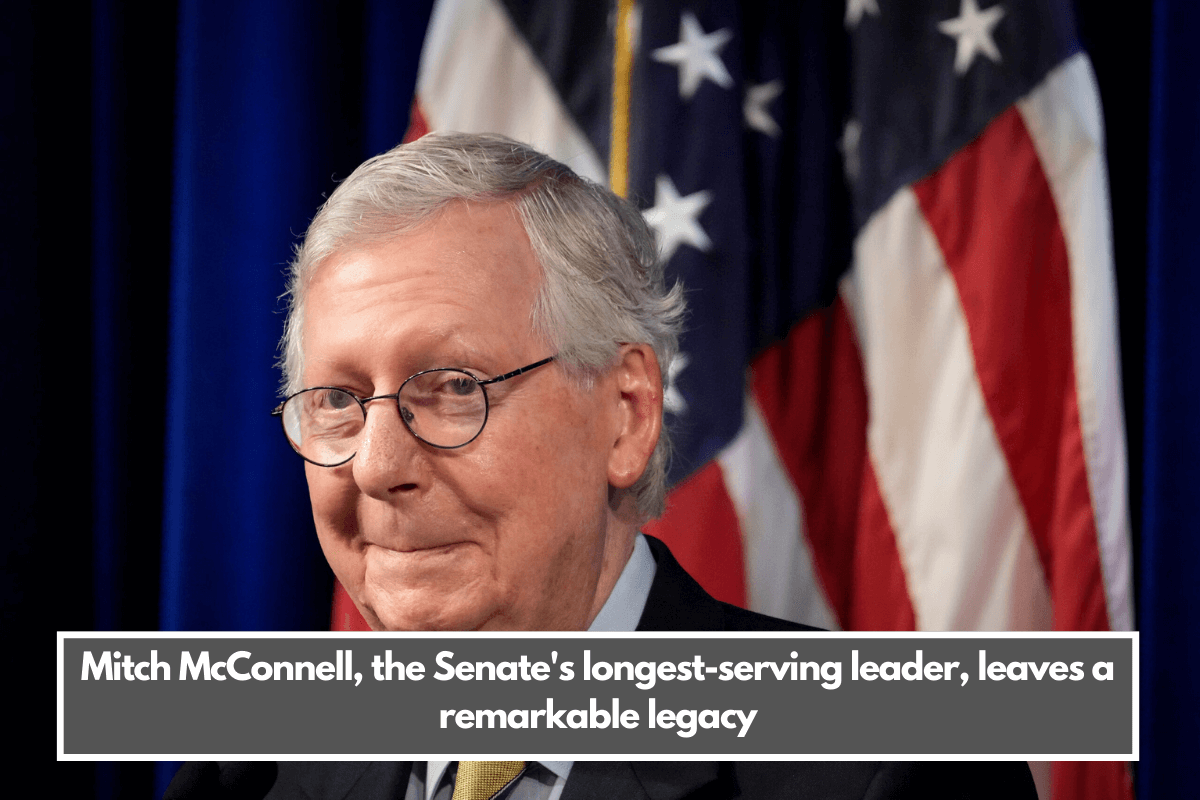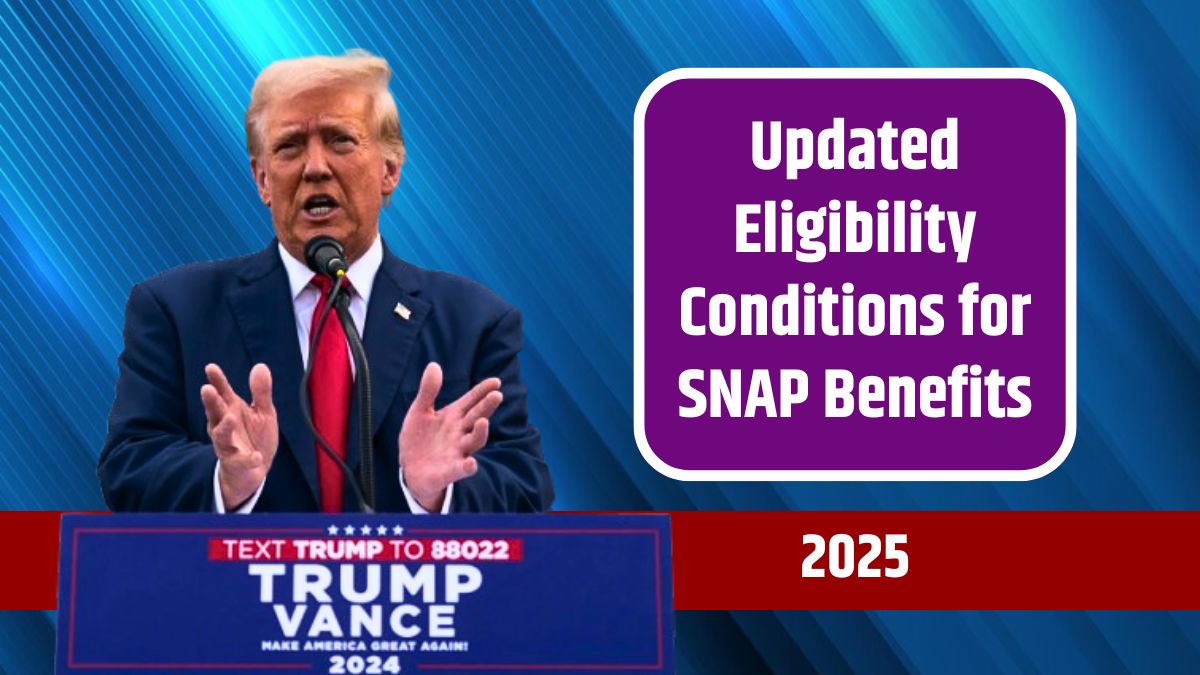It is an undeniable political reality that both his friends and foes recognize.
Sen. Mitch McConnell’s (R-KY) nearly 18-year tenure as Republican Senate leader leaves a historic legacy.
McConnell will not be Senate GOP leader when the new Congress convenes next month, the first time since 2007. His departure from the leadership table occurs as the conference prepares to retake the chamber after flipping four seats in November.
“Where do you start?” “This guy has led through thick and thin,” Senator Mike Rounds (R-SD) stated. “He sees the bigger picture. He understands the long game. “He is a Reagan Republican and is proud of it.”
In a series of interviews with the Washington Examiner, Senate allies praised McConnell’s commitment to reshaping the nation’s deep bench of federal judges for future generations, as well as his unique ability to guide an ideologically diverse conference through perilous political waters.
“Nobody understands the Senate better than him,” stated Sen. John Cornyn (R-TX). “They summoned the Senate’s master, Lyndon B. Johnson. But LBJ had nothing on Mitch McConnell.
McConnell’s tenure as party leader was the longest in Senate history. Under his watch, the upper chamber confirmed hundreds of conservative judicial nominees, including three Supreme Court justices. He led during a tumultuous period in American politics that included the Great Recession, the Tea Party wave, the rise of President-elect Donald Trump, a global pandemic, and two presidential impeachment proceedings.
Naturally, McConnell’s tenure has not been without its criticisms. The majority of them are Democrats, but there are also some from his own party.
McConnell’s successor will be his deputy, Whip John Thune (R-SD). Despite resigning, McConnell will serve the final two years of his seventh consecutive term, which ends in early 2027, as a rank-and-file senator.
“I’ve made it clear this year that our colleagues haven’t seen the last of me,” McConnell said in his final floor speech as the Republican leader. “I still fully intend to keep frustrating my critics in the years ahead.”
‘When he speaks, everyone listens.’
Making headlines is something that nearly every member of Congress enjoys doing. From social media and the Senate floor to the airwaves and op-eds, lawmakers have virtually limitless opportunities to express their views.
However, McConnell believes that less is more. Aside from daily scripted speeches on the floor and a few questions from reporters once a week, he rarely expresses public opinions.
Questions posed to him by reporters in the halls of Congress almost always go unanswered, and rather than pivoting or offering a convoluted response, he frequently simply declines questions at press conferences on topics he does not want to discuss.
However, when McConnell speaks, which is usually after hearing from other Republicans, it is best to pay close attention.
“He’s a quiet guy who doesn’t say much,” said Senator John Boozman (R-AR). “But when he speaks, everybody listens.”
As it turns out, McConnell’s ability to reshape the country’s judicial network by appointing conservatives requires little public participation.
“His legacy is inextricably linked to the US Supreme Court,” said Sen. Cynthia Lummis (R-WY). “That’s where I think his strength lies, his mastery of architecture. He is extremely patient throughout this process.”
During Trump’s first term and McConnell’s leadership, the Senate confirmed more than 200 judges to federal courts. (President Joe Biden scored a victory over Trump’s judicial record when the Senate confirmed two final district judges this month, bringing his total to 235 during his term, compared to 234 under Trump.)
McConnell is credited with not only confirming three Supreme Court justices (Neil Gorsuch, Brett Kavanaugh, and Amy Coney Barrett), but also blocking Obama nominee Merrick Garland in the months leading up to the 2016 elections.
“The people who are here to make a difference recognize pretty quickly that you never get everything you want, but often you can get quite a lot,” McConnell said during his opening remarks. “And the folks who prefer to make a point have a funny habit of reminding us — out loud — how poorly they understand that fact.”
Cornyn, who narrowly lost a secret ballot election to Thune among Senate Republicans last month to replace McConnell, was McConnell’s whip from 2013 to 2015. Cornyn reflected on how McConnell has navigated difficult votes and issues over the years, such as raising the debt ceiling, by providing political cover for Republicans.
“On some of the must-pass legislation that no one in the conference wants to vote for, if you’re in leadership, you have to vote tough. When I was the whip, he said, ‘Come on, we’ve got to do this.’ “And we did,” Cornyn stated. “They’re always unpleasant. But as a leader, you have to do things you wouldn’t do as a free agent.”
Critics say McConnell ‘broke’ the Senate.
Not all Republicans believe McConnell deserves a good send-off. Despite maintaining the support of the majority of his members, some Republicans, particularly those who have publicly criticized Trump, have accused McConnell of failing to adequately support Trump’s agenda and his status as party leader.
“If I took it personally every time my advice went unheeded, I probably wouldn’t have spent as long as I have in this particular job,” McConnell stated during his floor speech.
In 2022, Sen. Rick Scott (R-FL) challenged McConnell for leadership. McConnell easily won with a secret ballot of 37-10. However, Scott’s long-shot bid exposed underlying tensions in the party between some conference members and McConnell.
Republican critics include Sen. Josh Hawley (R-MO).
“The nicest thing I can say is, I suppose, I’ll leave that to historians,” Hawley told the crowd. “It’ll take a lot of years to sort through that.”
He acknowledged McConnell’s effectiveness on judges, but felt Republican majorities were underproductive legislatively with McConnell at the helm.
Sen. Mike Braun (R-IN), who will leave the Senate after one term to become Indiana governor next month, is another critic. He lamented Congress’s lack of term limits and the GOP’s fiscal hypocrisy.
“We are talking about fiscal discipline and always forgetting about it when there’s something we want,” Braun told the crowd. “I think that’s the unwholly alliance that’s got to be broken because it doesn’t make sense.”
Democrats, unsurprisingly, are much more critical of McConnell. They see him as having unfairly rammed through an extra Supreme Court justice, one of their most serious threats to a progressive agenda, and as nothing more than a MAGA enabler afraid to speak up against the president-elect.
“McConnell is the man who broke the United States Senate,” stated Sen. Elizabeth Warren (D-MA). “He found every way to keep the Senate from doing what it should have done to help the American people. That is a longstanding legacy.”
She cited examples such as using the filibuster to effectively oppose Democratic priorities for policies like Obamacare.
“The consequences were bad for the American people and, ultimately, for our democracy,” said Warren, who has been in the Senate since 2013. “He prioritized politics over the job we’re supposed to do, which is to make the laws work better for the citizens of this country. “That will be his legacy.”
Sen. John Fetterman (D-PA), a first-term senator with a centrist leaning, declined to express his thoughts on McConnell.
“I’m not really sure he would care about my hot take on his legacy,” according to Fetterman. “If you find out he cares about what I think, please let me know. I’d take it as a compliment.”
Over their many years of collaboration, McConnell and Senate Majority Leader Chuck Schumer (D-NY) have rarely agreed on anything. Schumer admitted as much in remarks made following McConnell’s final speech as leader.
However, Schumer, who has been Democratic leader since 2017, expressed gratitude for working with his Republican counterpart.
“Everyone knows Leader McConnell and I had plenty of disagreements over the years on matters of policies and politics,” claimed Schumer. “But when the time was right, we found ways to work together, to get very important things done for this country.”
How McConnell intends to use his rank-and-file status
McConnell, now 82, was born in Tuscumbia, Alabama, in 1942. He survived polio as a child before his family relocated to Louisville, Kentucky, when he was a teenager.
McConnell attended the University of Louisville and the University of Kentucky Law School, graduating in 1964 and 1967, respectively. Following his education, he worked for the late Sen. Marlow Cook, served as deputy assistant US attorney general under former President Gerald Ford, and was the chief judge of Jefferson County, Kentucky.
McConnell was elected to the Senate for the first time in 1984 while serving as chief judge.
McConnell is unlikely to run for reelection in 2026, according to reports. He has had several health issues since 2023, the most recent being this month, when he tripped and fell near the Senate chamber, resulting in a sprained wrist and scratched face.
What is certain is that his stated focus for the next Congress will be to counteract his party’s growing isolationism from global engagement, such as assisting Ukraine in defeating Russia.
“Our prosperity and security depend on an order forged by American leadership and American strength — both of which require our urgent attention,” according to McConnell. “The arsenal of democracy must be restored. Peace through strength must be more than just a slogan.”
“I will do everything in my power to keep this country the greatest in the world. “No one can do what we can on a global scale, and that’s where I’m going to focus,” he added.
McConnell’s plans will undoubtedly irritate some in his party, as Republicans rally behind Trump’s America First agenda. However, it is unclear how much clout he will wield among Republicans as Trump reclaims power.
“He’s going to have tremendous influence as we move forward,” Boozman said. “Everybody respects his opinion.”





















